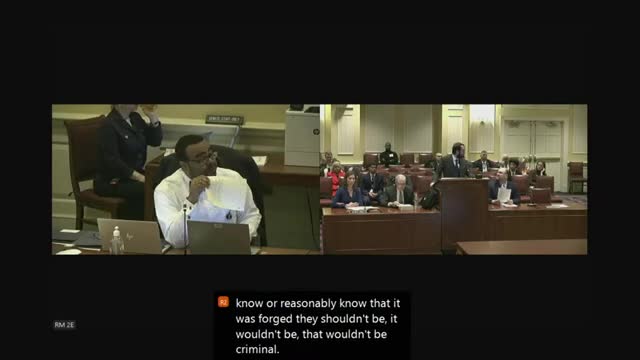Article not found
This article is no longer available. But don't worry—we've gathered other articles that discuss the same topic.
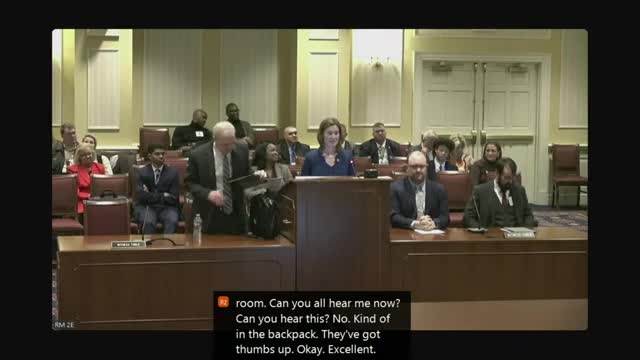
Committee hears bill criminalizing malicious distribution of forged digital likenesses; sponsors say law balances fraud and First Amendment concerns
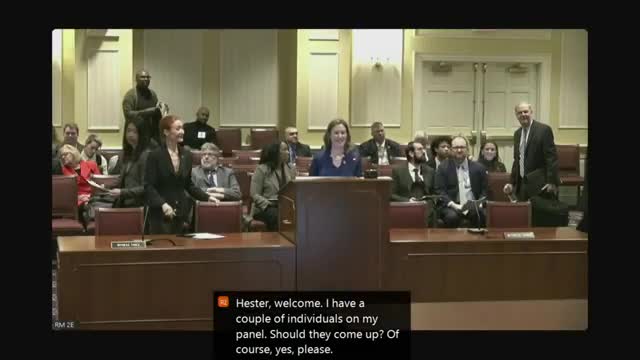
Judicial Proceedings Committee hears bill to expand civil remedies, criminalize distribution of nonconsensual AI-generated explicit images
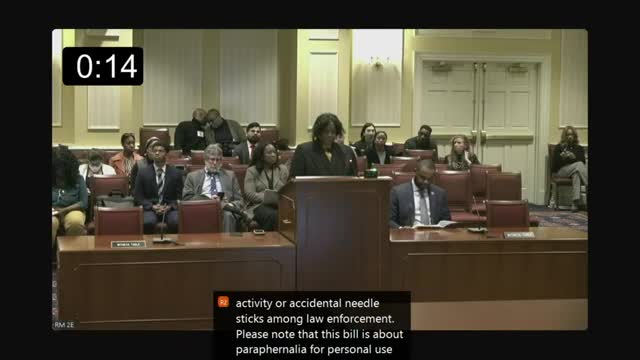
Panel backs repeal of HIV‑specific crime; prosecutors, public‑health advocates cite modern treatment and prosecutorial alternatives
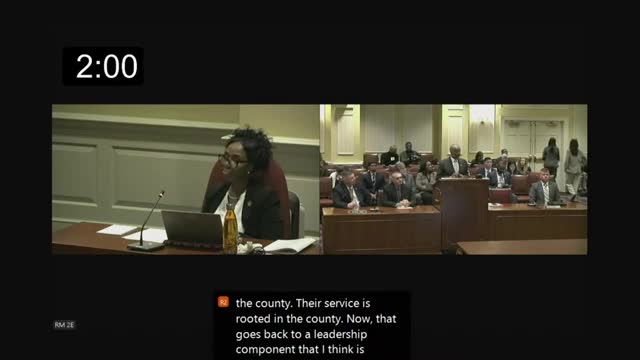
Committee hears technical change to require Social Security numbers on domestic partnership registrations to preserve federal funds
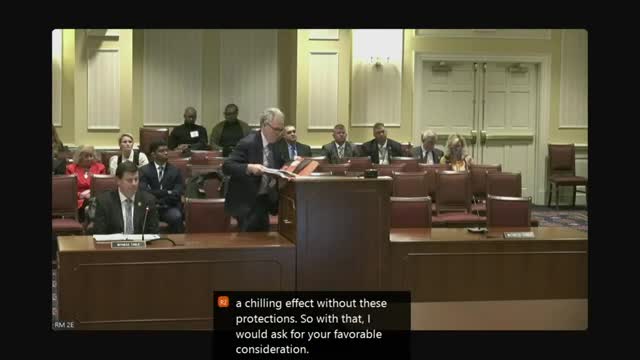
Advocates, legal aid push bill to bar liens for non‑hospital medical debt; creditors ask for narrower definition
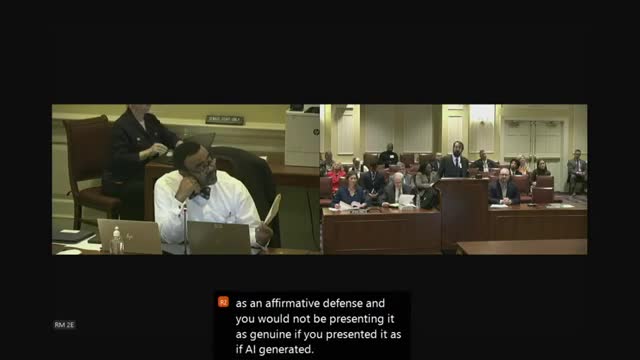
Supporters tell committee decriminalizing possession of personal syringes would increase syringe‑service use and reduce infections
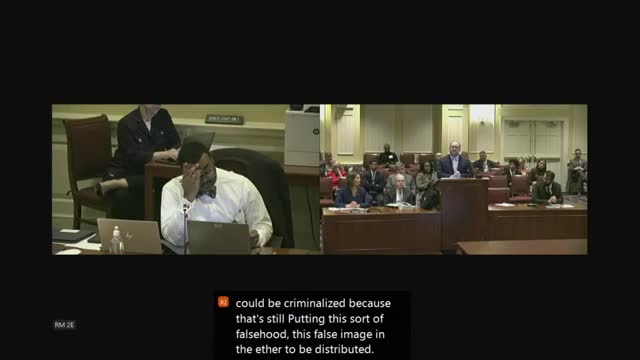
Bill would let Maryland troopers live within 25 miles across state lines to aid recruitment, sponsors say
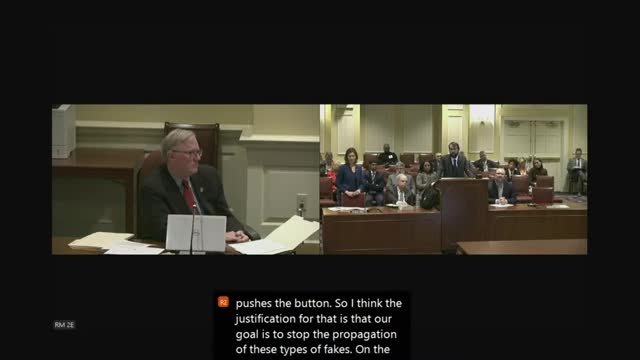
Panel backs clarifying bill to include sheriff’s civilian employees under Tort Claims protections
